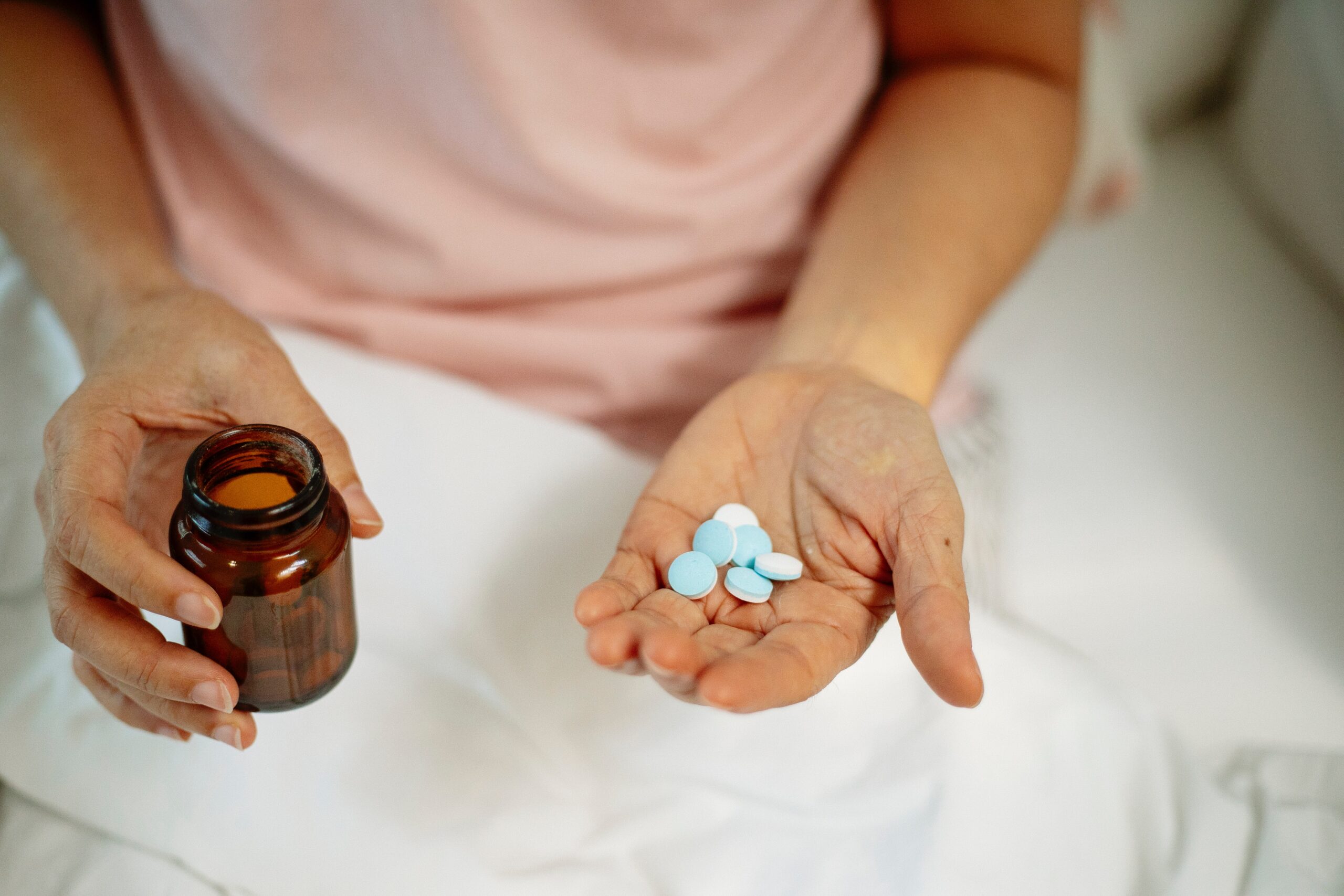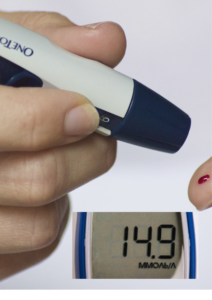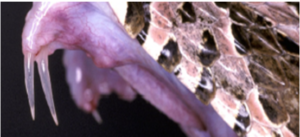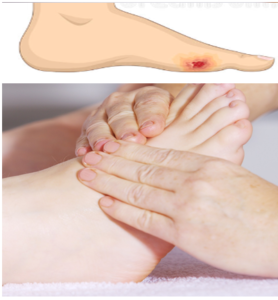In life, unexpected situations can sometimes lead to moments of great concern. Imagine you’re a doctor performing a life-saving surgery when, in a fraction of a second, you get a needlestick injury.
Or perhaps you find yourself in the midst of an intimate moment when a condom suddenly bursts during intercourse.
These scenarios may appear daunting, but they all share a common thread – the potential exposure to HIV, which causes AIDS.
In such moments, taking postexposure prophylaxis (PEP) can significantly reduce your risk of HIV when taken promptly.
Table of Contents
What is Postexposure Prophylaxis
Postexposure prophylaxis is one of the many ways of preventing HIV. It is a combination of antiretroviral medications, the same drugs used to treat HIV-positive individuals.
PEP is taken to reduce the risk of HIV following potential exposure to HIV.
Do I Need PEP?
You may need to take PEP if you find yourself in the following high-risk situations.
- Engaging in unprotected sex, or when a barrier method such as a condom breaks during sex.
- Experience sexual assault
- Sharing needles or equipment for intravenous drug use
- Occupational exposure, such as sustaining a needlestick or cut
When Should I Not Take PEP
While PEP is an effective method of preventing HIV, it is not suitable for everyone.
It is no substitute for regular HIV prevention methods like safe sex practices.
PEP is intended for emergency situations with potential exposure to HIV. It is not meant for ongoing or repeated use as a primary prevention method.
You do not need to take PEP if you are HIV positive.
How Soon Should I Take PEP?
PEP should be started as soon as possible after a high-risk exposure to HIV. It is generally recommended within 72 hours (3 days) of exposure.
The sooner you start PEP after potential exposure, the more effective it is likely to be.
The first 36 hours are particularly critical. Waiting beyond 72 hours significantly reduces its effectiveness.
For How Long Should I Take PEP
PEP medications are taken on a daily basis for 28 days (4 weeks). It is recommended to complete the entire course as prescribed for maximum effectiveness.
In addition, you should take the PEP medication around the same time each day to help maintain a constant level of the medications in the body.
What If I Miss a Dose of PEP
Missing a dose of PEP can make the treatment less effective. If you miss a dose of PEP, you should take it as soon as you remember.
If it is close to the time for your next dose, you should skip the missed dose and continue with your regular schedule.
However, do not double the dose to compensate for a missed one.
To avoid missing a dose, it is advisable to set a daily alert on your phone or tablet to help you remember when to take your next dose.
Does PEP Work?
PEP is effective in preventing HIV following a potential exposure to HIV.
In 2016, the Centers for Disease Control and Prevention (CDC) analyzed the effectiveness of PEP in different groups.
Among men who have sex with men, only 8 out of 1535 cases of HIV infection (0.5%) were potentially linked to PEP not working, while the other 40 cases were attributed to other factors.
In mixed populations exposed to HIV through various means, including sex, sexual assault, and injection drug use, only 1 out of 2209 cases was associated with PEP not working, with the remaining 18 cases linked to other behaviors or not taking PEP as directed.
These findings emphasize the overall effectiveness of PEP in preventing HIV transmission when used correctly.
What Are the Side Effects of Postexposure Prophylaxis
The following are common side effects of taking PEP medications
- Nausea
- vomiting
- Diarrhea
- Fatigue
- Headache
Can I Take PEP if I’m Pregnant?
Yes. Pep may be prescribed to pregnant individuals with potential HIV exposure.
However, the choice of medication and the decision to use PEP during pregnancy should be carefully considered in consultation with your doctor to minimize risks to both you and your baby.
When Should I Take an HIV Test After Completing PEP?
You should get an HIV test at multiple points after completing PEP.
- At the baseline (Before starting PEP)
- At the end of the PEP course
- And 3 months after completing PEP
Taking serial HIV tests helps ensure that PEP effectively prevents HIV infection.
Can I Test Positive After Finishing PEP
Yes, it is possible to test positive for HIV after completing PEP, especially if there was an actual HIV exposure during the incident.
PEP reduces the risk of infection but does not guarantee 100% protection.




